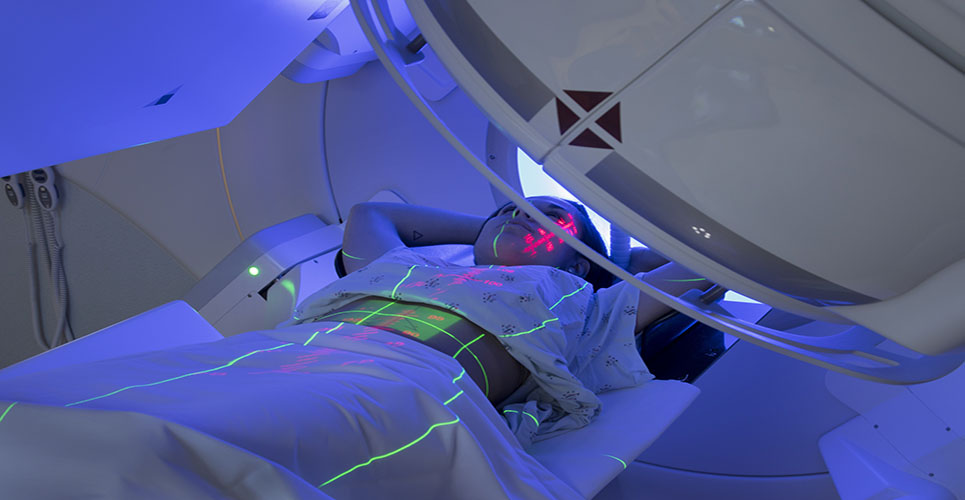teaser
State-of-the-art technology at a new £20 million centre will be able to assess the effectiveness of new drugs and improve the treatment of a number of illnesses, university bosses have revealed.
The scanners, which will be used at the University of Edinburgh’s new Clinical Research Imaging Centre, could make a difference to the diagnosis and treatment of multiple sclerosis, cancer and heart disease.
Officials have lauded the “world-leading” centre as “the first fully-integrated imaging facility of its kind in the UK”.
The university and NHS Lothian have worked together to realise the centre which the Duke of Edinburgh opened on October 28.
The innovative imaging technology will be used to scan organs so that health professionals can see in detail how they are functioning.
They will also be able to use the scanners to track the flow of blood through vessels and determine the spread of diseases.
Investigations will be able to take place without invasive procedures, reducing the need for biopsies or angiograms, where catheters are used.
The university said the centre, based at its Queen’s Medical Research Institute, features a high-strength magnetic resonance imaging (MRI) scanner which can safely identify tissue abnormalities.
A computerised tomography (CT) scanner, described as the most advanced in the world, is also able to scan entire organs in less than a second. A CT-positron emission tomography (PET/CT) scanner can also pinpoint the spread of cancer.
Copyright Press Association 2010
Clinical Research Imaging Centre

